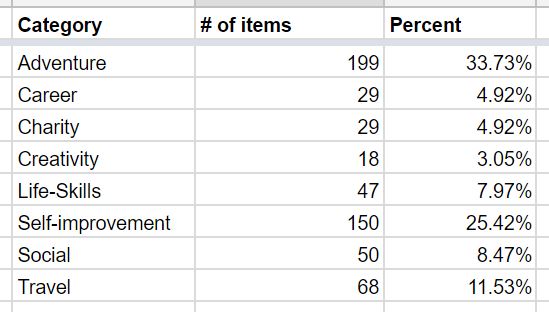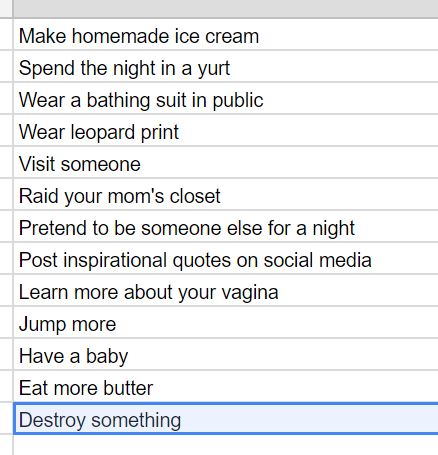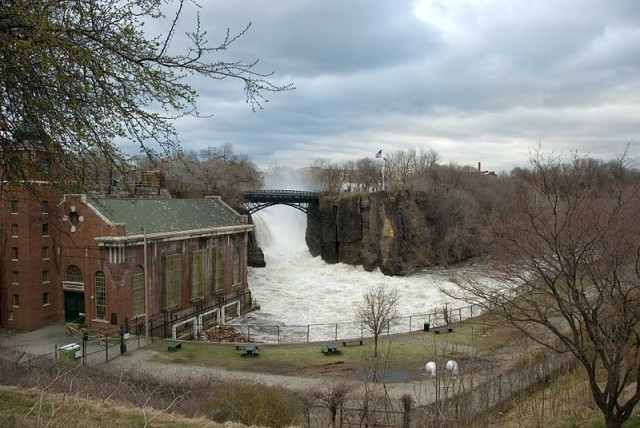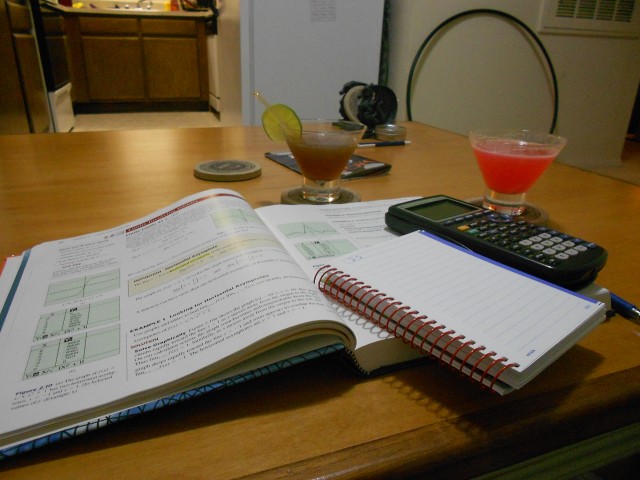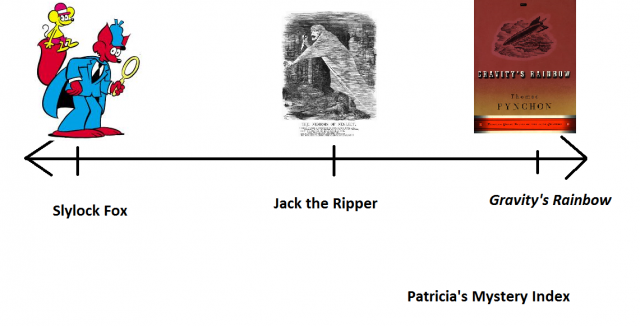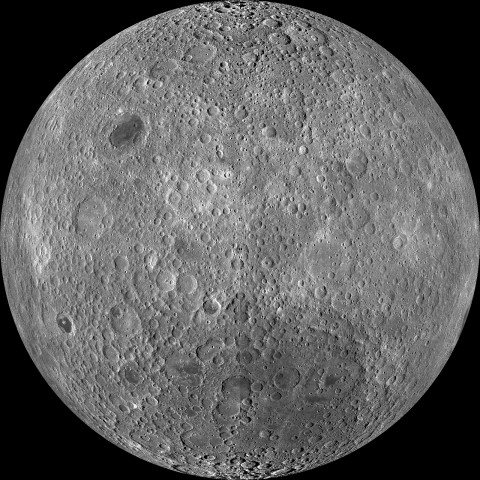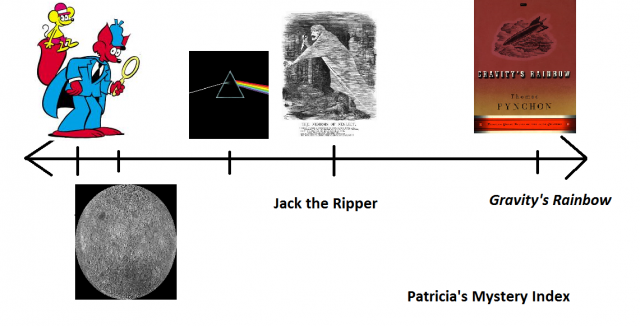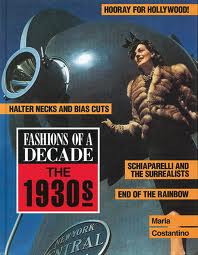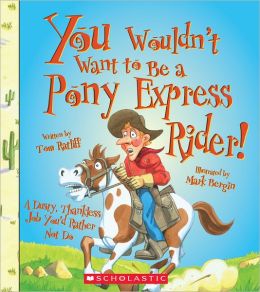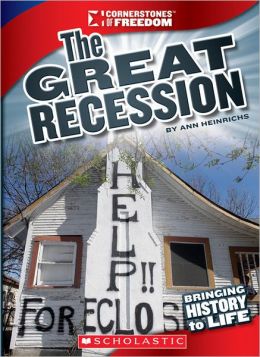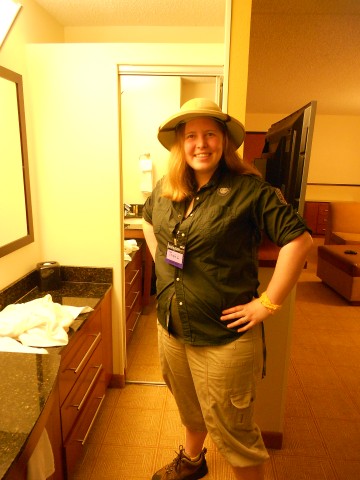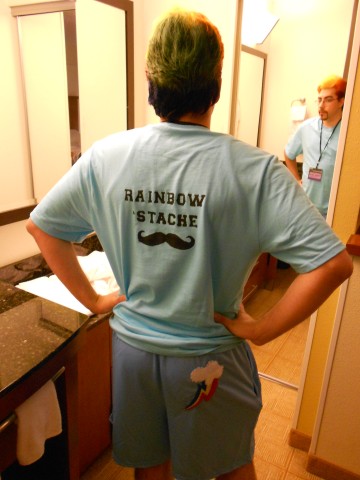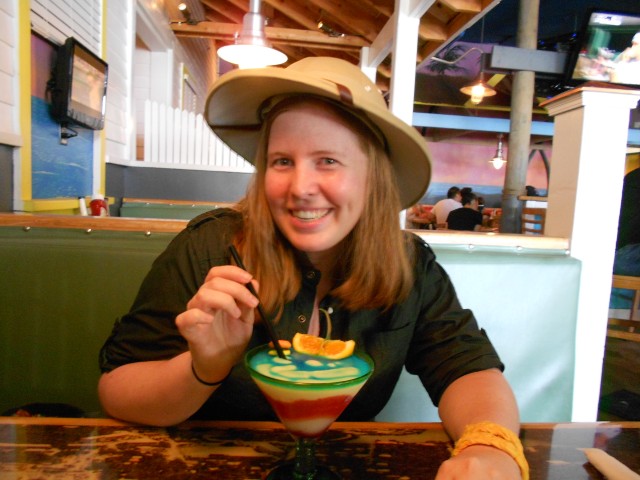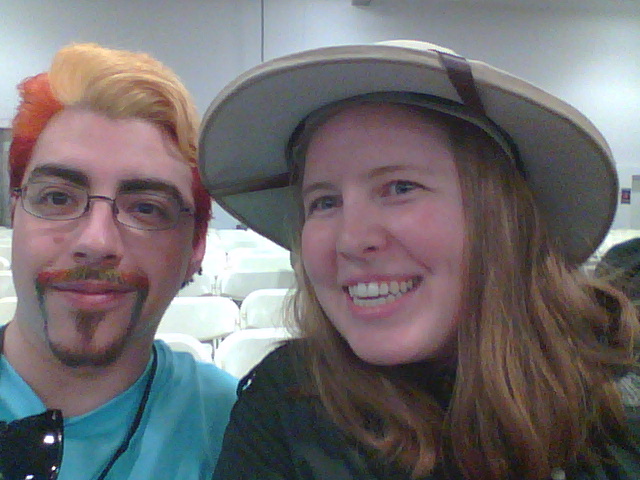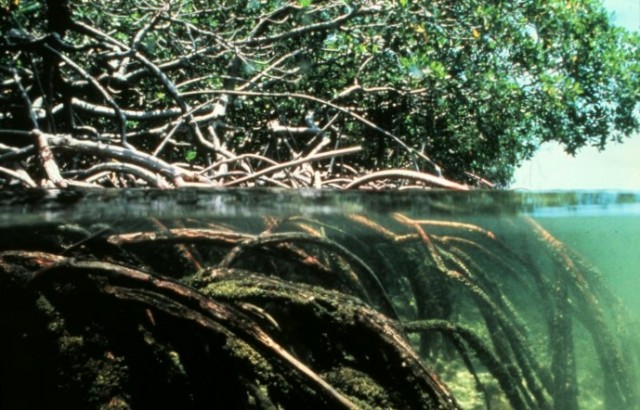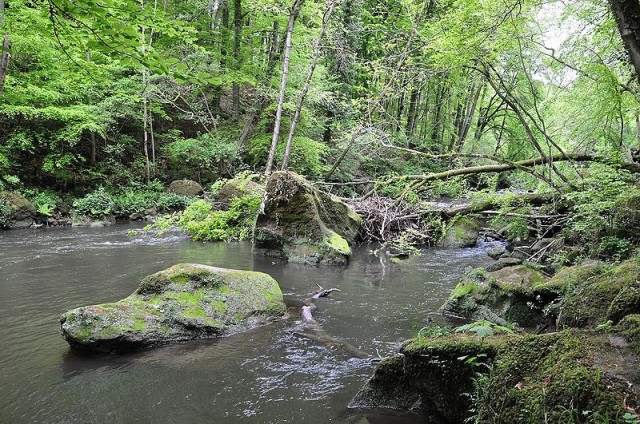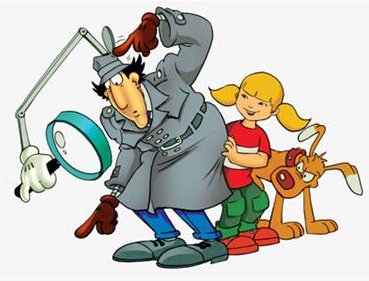Introduction
I’ll be turning 30 in 40 days. It’s troubling for a number of reasons (will I need to stop singing the Sailor Moon theme under my breath at all times?). One of them is that I have yet to run a marathon, apparently. There are so many “[Enter some #, usually 30 unless the author is lazy and decides on just 9] Things To Do Before You’re 30” lists on the Internet, but they’re all different. How to arrive at the true things necessary to accomplish before your third decade? Science, bitches. We’re going to do this academic paper style.
Literature Review
Turning 30 is scary because it’s the first time a birthday seems laced with humanity’s fear of aging and death (Existential Dread, 2am). Sure, EVERY birthday marks the passage of time till it’ll be your turn to forget where you left your teeth and die in some sad, undignified way, probably while pooping. But when you’re in your 20s, it’s easy not to think about. You have so much time to get serious about boring adult stuff like careers and buying clothes that aren’t plaid (do they make those?). But once you turn 30, it is freak out time (Kim, 2012; Amorosi, 2015; White; 2016; Odell, 2016).
Those citations are actually just the first results in Google I got when I typed in “turning 30”, and they are ALL TRYING TO CONSOLE ME and give me lists of reasons why being 30 is great. Totally wouldn’t be necessary if we were all happy about it. And with that sense of our own impending doom comes a sense of urgency. I can’t be wasting my time reading the Wikipedia entry on high fives–I NEED TO MAKE MY MARK ON THE WORLD or start a family or have a job that pays money or whatever. Because how much time do you really have left? Are you ALREADY BEHIND? As my research will prove, yes you are.
Methodology
I read 24 lists of “____ Things To Do Before You’re 30” (see Appendix A) and recorded each item presented. The lists were the first 24 results in a Google search for the term “things to do do before 30” and are therefore the best. I then went back and combined items that were clearly similar (for instance “Learn Spanish” can clearly be included in “Learn a Foreign Language”). I assigned each item a category (Self-improvement, life skills, adventure, charity, creativity, social, and career). These categories were pretty evident from the data and I didn’t think too hard about them.
Limitations
There are so many limitations it’s going to be easier to just list what isn’t: I have a master’s degree and have written papers like this approximately 65 times before in various academic and work-related settings. They were all much more serious than this, even the one about Dora the Explorer picture books. Still, some of that professionalism is bound to rub off. Also I’ve been published in an online Korean library science journal THREE TIMES, motherlicker.
Also I’ve kind of forgotten how to do the math for if a finding is statistically significant, and I uninstalled my stat pack 2 laptops ago. So we’re going to say the p value of this whole thing is officially “whatever”.
Results
Let’s get down to it. I collected 295 separate items from the lists surveyed. Here’s a breakdown by category:
Adventure is most often cited, followed by Self-improvement. Least popular was Creativity followed by a tie between Charity and Career. I really thought Career would be higher, honestly.
The single item cited most often on these lists is to Learn a Foreign Language, listed in 58% of articles, followed by Read (50%), Saving money (42%), and then Run a Marathon (or half-marathon or 5K), Volunteer, Road Trip, and Travel Alone, all at 38%. The top 40ish list looks like this:
1. Learn a Foreign Language: 58%
2. Read: 50%*
3. Start saving: 42%
4-7. Run a marathon 38%
4-7. Volunteer: 38%
4-7. Road trip: 38%
4-7. Travel alone: 38%
8-9. Bungee jump or sky diving: 33%
8-9. Live healthier: 33%
10-15. Go to concerts/your favorite band: 25%
10-15. Find your dream job: 25%
10-15. Learn to cook: 25%
10-15. Learn to bartend/make your favorite cocktail: 25%
10-15. Unplug for a day/week/month: 25%
10-15. Develop a workout routine: 25%
16-23. Move somewhere new: 21%
16-23. Attend a music festival: 21%
16-23. Go skinny dipping: 21%
16-23. Drive or test drive your dream car: 21%
16-23. Find a charitable cause to get behind: 21%
16-23. Learn about your family history: 21%
16-23. Take a class of some kind for fun/work/continuing ed: 21%
16-23. Learn to play a musical instrument: 21%
24-44. Attend a major sporting event (eg. Super Bowl): 17%
24-44. “Do something that scares you”: 17%
24-44. Eat something adventurous: 17%
24-44. Get lost: 17%
24-44. Ride a motorcycle: 17%
24-44. Sing in public/karaoke: 17%
24-44. Stay up all night partying: 17%
24-44. Go camping: 17%
24-44. Climb a mountain: 17%
24-44. Get a tattoo: 17%
24-44. Splurge on something nice that will last: 17%
24-44. Adopt a pet: 17%
24-44. “Create something”: 17%
24-44. Fail at something: 17%
24-44. Take lots of pictures/get better at taking pictures: 17%
24-44. Stop criticizing your body: 17%
24-44. Improve your wine knowledge: 17%
24-44. Throw a dinner party: 17%
24-44. Date around: 17%
24-44. Travel somewhere “exotic”: 17%
24-44. Live abroad: 17%
*See Appendix B for details
Also, here’s a chart of the weirder things listed, all of them only once:
Analysis
The vast majority of items on the list fell into 3 categories: 1) things that are harder or more annoying to do the older you get (eg start saving for retirement, learn a new language, start a career), 2) things that older people “can’t” do because they are so fun and whimsical and old people are tied down by serious responsibilities and work expectations (eg. dye your hair a fun color, go on a spontaneous trip, “fall in love with the wrong person” (what?)), and 3) something the list writer really wanted to do and doesn’t care if it doesn’t apply to your life (eg. scrapbook, see R Kelly in concert, wear a bathing suit (?you haven’t?)). Never mind that a lot of these goals are almost impossible to accomplish by a normal 20something. Visit all 7 continents and all 50 states? Are you insane? How much spare money/vacation days do you think I have lying around?
In general, I was pretty surprised that career or money related things weren’t more in evidence. Sure, that part of your life isn’t as exciting to write about, but it’s a major deal, more so than if I’ve eaten tres leches cake in South America. And realistically I won’t be able to do ANY of these things without also having a viable source of income (sometimes an insane amount–do you know how much those Antarctic cruises cost?). Also, I don’t understand why running a marathon is so high on this list. Are people that into marathons? Do they avoid talking with me about it because they know I hate running so, so much? That’s probably it, actually, please continue to not share this part of your life with me.
Also, if you’re curious, I’ve done 70% of the things on the “Top 40ish list” and 58% of the total. I guess I have 40 days to run a marathon.
Conclusion
I miss my science job.
Bibliography
Amorosi, A. (2015, September 12). 9 things I’d tell anyone who is terrified of turning 30. Retrieved from: https://www.mindbodygreen.com/0-21538/9-things-id-tell-anyone-who-is-terrified-of-turning-30.html
Kim, J. (2012, August 12). If you’re turning 30 and freaking out. Psychology Today Online. Retrieved from: https://www.psychologytoday.com/blog/valley-girl-brain/201208/if-youre-turning-30-and-freaking-out-0
Odell, A. (2016, July 12). 10 things all women who have endured turning 30 want you to know. Retrieved from: http://www.cosmopolitan.com/lifestyle/advice/a61252/turning-30-life-advice/
White, H. (2016, February 6). 18 reasons you should look forward to turning 30. Retrieved from: https://www.popsugar.com/smart-living/Things-Look-Forward-Your-30s-35196883
Appendix A: Lists consulted
LOL sucker, there’s no way I’m typing all that up.
Appendix B: But WHAT Should I Read?
I’m glad you asked! I also looked at lists of “[Some number] Books You Should Read Before You Turn 30”. But I’d gotten kind of lazy and didn’t keep track of all the lists I consulted. I do know I found 404 separate books, which is nuts. Here are the top 30:
1. The Brief Wondrous Life of Oscar Wao by Junot Diaz
Why have I never heard of this book??? Clearly I’m going to be reading it in the next 40 days if everyone thinks I should.2. The Little Prince by Antoine Saint-Exupery
I’m as surprised as you are. Luckily I’ve read this in both French and English so there’s no need to revisit this twee existential crap.3. 1984 by George Orwell
4. The Catcher in the Rye by JD Salinger
5. On the Road by Jack Kerouac
6. The Year of Magical Thinking by Joan Didion
This is another one I’m adding to my TBR since it’s not “a classic” but has such a consensus.7. White Teeth by Zadie Smith
8. Anna Karenina by Leo Tolstoy
9. To Kill a Mockingbird by Harper Lee
10. The Great Gatsby by F Scott Fitzgerald
11. A Little Life by Hanya Yanagihara
12. Americanah by Chimamanda Ngozi Adichie
13. Siddhartha by Herman Hesse
14. Crime and Punishment by Fyodor Dostoyevsky
15. Jane Eyre by Charlotte Bronte
16. Tiny Beautiful Things by Cheryl Strayed
17. The Corrections by Jonathan Franzen
18. The Road by Cormac McCarthy
19. The Lord of the Rings by JRR Tolkien
20. Meditations by Marcus Aurelius
21. The Myth of Sisyphus and Other Essays by Albert Camus
22. The Power of Myth by Joseph Campbell
23. The God of Small Things by Arundhati Roy
24. Fun Home by Alison Bechdel
25. The Beggar Maid by Alice Munro
26. First They Killed My Father by Loung Ung
27. The Black Swan by Nassim Taleb
28. Hitchhiker’s Guide to the Galaxy by Douglas Adams
29. Midnight’s Children by Salman Rushdie
30. The Complete Persepolis by Marjane Satrapi
Most of these seem to be the usual round up of classics and perennially popular titles that are maybe going to become classics if they haven’t already. Not really sure why it’s necessary to read them before turning 30, but there you have it.
